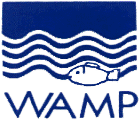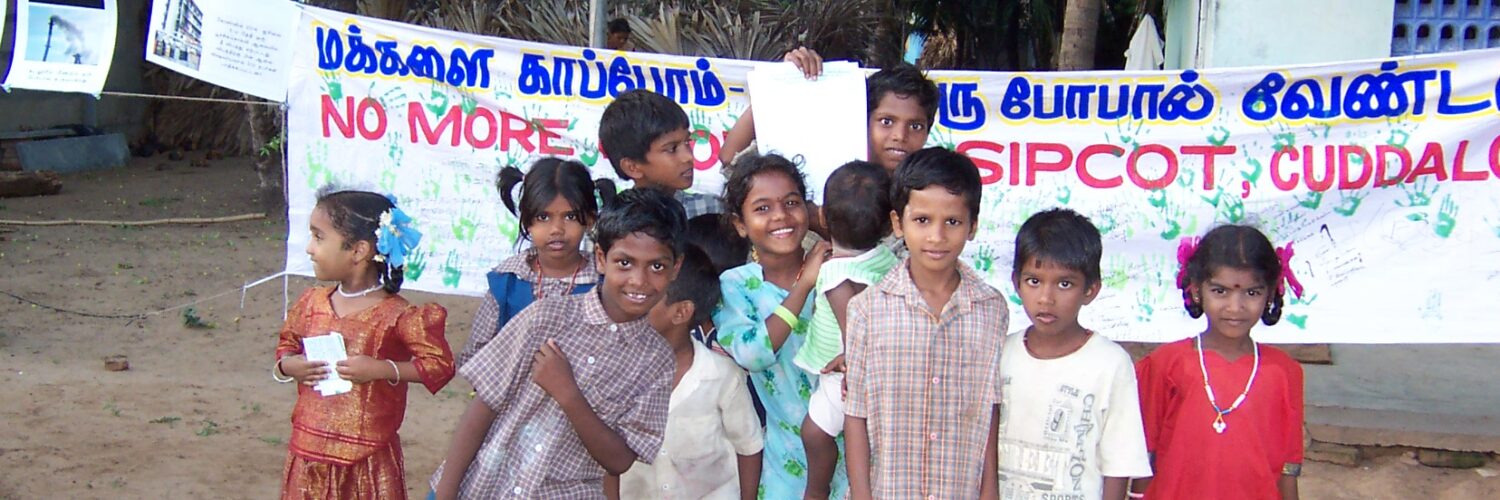
CHENNAI WATER FORUM
PRESS RELEASE
Newly Launched Chennai Water Forum Critiques Minjur Desalination Plant
10 December, 2005. CHENNAI — Community groups, local government representatives, residents associations, NGOs, activists, students and public-interest professionals today came together to critically evaluate the Rs. 500 crore desalination plant proposed to be set up in Minjur in the context of what is known about Chennai’s water crisis and the interventions required to address it. The workshop titled “Understanding Desalination and its Implications for Chennai” was critical of the State Government and Metrowaters failure to address issues of sustainability, equity or quality in supplying water to the city, and squarely blamed the Government and the governance systems for facilitating the destruction of surface and groundwater resources in and around the city. They questioned the logic behind investing crores in a technology commonly used in places like Saudi Arabia where rains are rare and freshwater is scarce at a time when Chennai is unable to cope with the abundance of rainwater.
Setting the tone for the meeting, Dr. Karen Coelho of Corporate Accountability Desk explained that the Chennai Water Forum aspired to be a powerful platform to allow citizens to reclaim democratic space and be heard. She pointed out that MetroWater and the State Government were moving towards a culture of opacity, and that citizens needed to break this culture by demanding accountability of public agencies such as MetroWater. She said the inaugural workshop of the Forum would look at what is desalination, how it works, what does it cost, who it is for, its ecological and economic implications, how it will be paid for and whether we really need it.
Gregor Meerganz von Medeazza, a PhD scholar studying freshwater scarcities and desalination plants worldwide, offered an introduction to the economic and ecological implications of desalination plants. He said, desalination is unsuited to Chennais context, where rainfall is abundant and the poor form a bulk of unserved or under-served people. The high energy costs to run the proposed desalination plant cannot be justified unless it can be shown to meet the needs of the city’s poor and contribute to environmental improvements.
Advocate T. Mohan outlined the changes in governance required in the city’s water regime, and highlighted issues arising out of a project of this nature. Dr. S. Janakarajan of Madras Institute of Development Studies spoke on economically viable and ecologically sustainable options for Chennai’s water supply including the revitalization of water bodies and recycling of wastewater.
The platform, promoted by public-spirited individuals and organisations such as Citizens Consumer and Civic Action Group, Corporate Accountability Desk, Exnora, Madras Institute of Development Studies and SUSTAIN will:
- Work toward keeping the ownership of water resources in public hands (peoples hands) and ensuring low-cost, high-quality supply of drinking water, especially for the city poor.
- Explore and advocate economically and ecologically sustainable modes of supplying water for the city’s needs.
- Push for a halt to the unsustainable mining of water from peri-urban areas to supply the city;
- Create citizens pressure for accountable and transparent governance of our water system, especially in the management of contracts and projects;
- Advocate for a stronger role for elected local governments in policy-making and governance of our public infrastructure.
For more information, contact:
S. Janakarajan, 2441 1574,
T.K. Ramkumar 93806 59404,
T. Mohan 2490 3415,
Bharat Jairaj 2491 4358,
Karen Coelho 2446 5461,
Dr. Dattatri 2855 5834.
Email: chennaiwaterforum@gmail.com
